Belarus snubs Eastern Partnership Summit
Belarus has canceled its participation at the Eastern Partnership Summit in Warsaw, following criticism of its crackdown on government opponents.
Friday, 30.09.2011.
13:15

Belarus has canceled its participation at the Eastern Partnership Summit in Warsaw, following criticism of its crackdown on government opponents. On the second day of the Eastern Partnership summit on September 30, Polish Prime Minister Donald Tusk announced during opening talks that the Belarus delegation "is absent." Belarus snubs Eastern Partnership Summit Belarus's Foreign Ministry said in a press statement that "participation is not possible as a partnership cannot be based on discrimination." The statement accused the summit organizers of taking "unprecedented discriminatory steps" against Belarus for not inviting President Aleksandr Lukashenko to the talks and "restricting" the attendance of the Belarusian delegation. The announcement comes after Tusk urged the Belarusian regime on September 29 to release "all political prisoners." Before the summit, Minsk had declared at the last moment that it would be represented by its ambassador to Warsaw and not by Foreign Minister Serhiy Martynau. Both Polish and EU diplomats indicated on September 29 that the ambassador could be prevented from taking part in some of the sessions of the summit since the meetings were "on the level of high-ranking government figures and not ambassadors" -- a stance that could have triggered the snub from Minsk. Polish EU presidency Spokesman Konrad Niklewicz told RFE/RL that it was "pure speculation" that Belarus could be kicked out from the Eastern Partnership but added that Poland was disappointed with Belarus's decision. "We regret that the government in Minsk decides to isolate a 10 million-people country from the benefits that the Eastern Partnership program brings to the eastern neighbors of the European Union," he said. "We really think that the benefits of the Eastern Partnership might be useful for the Belarusian people and the whole country." On September 29, several of EU leaders, including German Chancellor Angela Merkel, met individuals from the Belarusian opposition and Merkel indicated that the EU was thinking of ways to assist them. "Unfortunately, I have to note that things are going backwards in Belarus," she said. "I spoke to the Belarusian opposition and I have to say that the treatment of the opposition by the regime is completely unacceptable. The opposition is suffering and we are, of course, thinking of ways in which we could support them." She also added that the situation in the country looked bad. "At the moment, we see little in the way of democratization," she said. "If it takes place then, of course, we would try to support Belarus. But, if I am completely honest, what I heard yesterday [September 29] did not sound very optimistic." The EU has already imposed visa sanctions and asset freezes on close to 200 individuals linked to Lukashensko's regime and Brussels has indicated that it is ready introduce new measures while at the same time boosting support for civil society in Belarus. The EU's Eastern Partnership, which was launched in 2009, aims to promote closer ties with Armenia, Azerbaijan, Belarus, Georgia, Moldova, and Ukraine through political and trade agreements. Participants of the Eastern Partnership Summit in Warsaw (Beta)
Belarus snubs Eastern Partnership Summit
Belarus's Foreign Ministry said in a press statement that "participation is not possible as a partnership cannot be based on discrimination."The statement accused the summit organizers of taking "unprecedented discriminatory steps" against Belarus for not inviting President Aleksandr Lukashenko to the talks and "restricting" the attendance of the Belarusian delegation.
The announcement comes after Tusk urged the Belarusian regime on September 29 to release "all political prisoners."
Before the summit, Minsk had declared at the last moment that it would be represented by its ambassador to Warsaw and not by Foreign Minister Serhiy Martynau.
Both Polish and EU diplomats indicated on September 29 that the ambassador could be prevented from taking part in some of the sessions of the summit since the meetings were "on the level of high-ranking government figures and not ambassadors" -- a stance that could have triggered the snub from Minsk.
Polish EU presidency Spokesman Konrad Niklewicz told RFE/RL that it was "pure speculation" that Belarus could be kicked out from the Eastern Partnership but added that Poland was disappointed with Belarus's decision.
"We regret that the government in Minsk decides to isolate a 10 million-people country from the benefits that the Eastern Partnership program brings to the eastern neighbors of the European Union," he said. "We really think that the benefits of the Eastern Partnership might be useful for the Belarusian people and the whole country."
On September 29, several of EU leaders, including German Chancellor Angela Merkel, met individuals from the Belarusian opposition and Merkel indicated that the EU was thinking of ways to assist them.
"Unfortunately, I have to note that things are going backwards in Belarus," she said. "I spoke to the Belarusian opposition and I have to say that the treatment of the opposition by the regime is completely unacceptable. The opposition is suffering and we are, of course, thinking of ways in which we could support them."
She also added that the situation in the country looked bad.
"At the moment, we see little in the way of democratization," she said. "If it takes place then, of course, we would try to support Belarus. But, if I am completely honest, what I heard yesterday [September 29] did not sound very optimistic."
The EU has already imposed visa sanctions and asset freezes on close to 200 individuals linked to Lukashensko's regime and Brussels has indicated that it is ready introduce new measures while at the same time boosting support for civil society in Belarus.
The EU's Eastern Partnership, which was launched in 2009, aims to promote closer ties with Armenia, Azerbaijan, Belarus, Georgia, Moldova, and Ukraine through political and trade agreements.










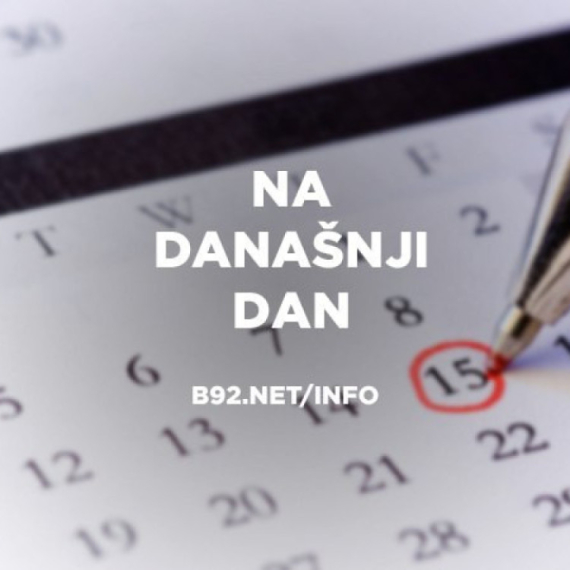
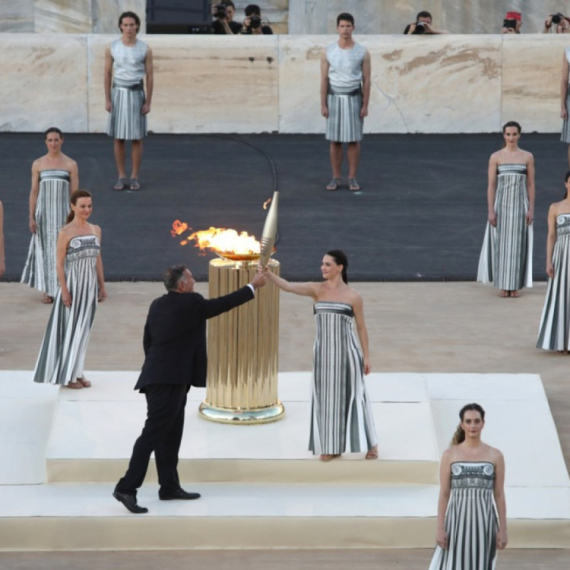
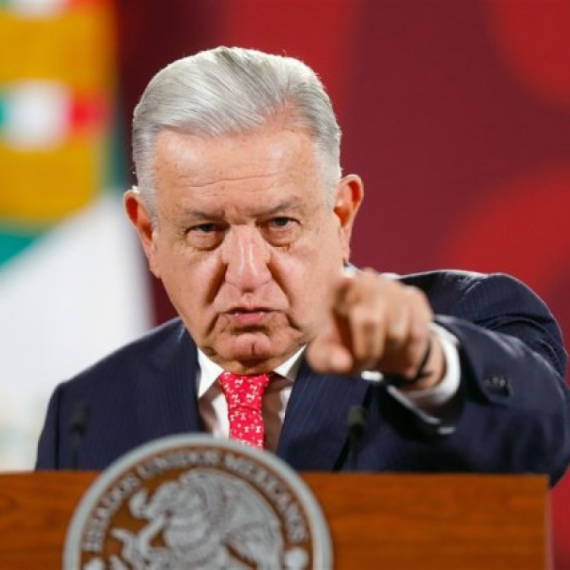



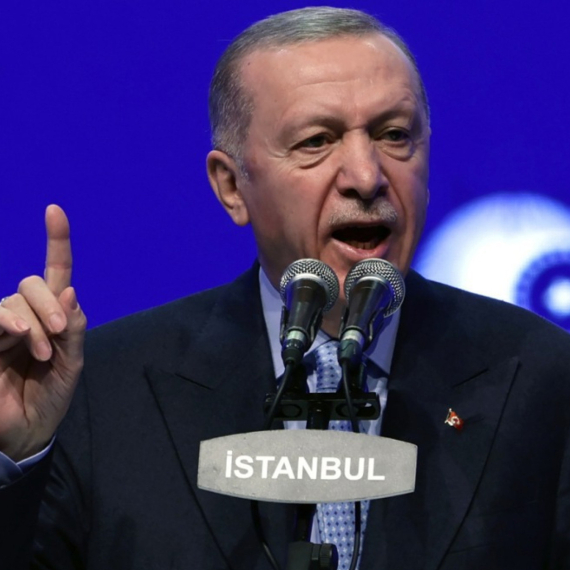

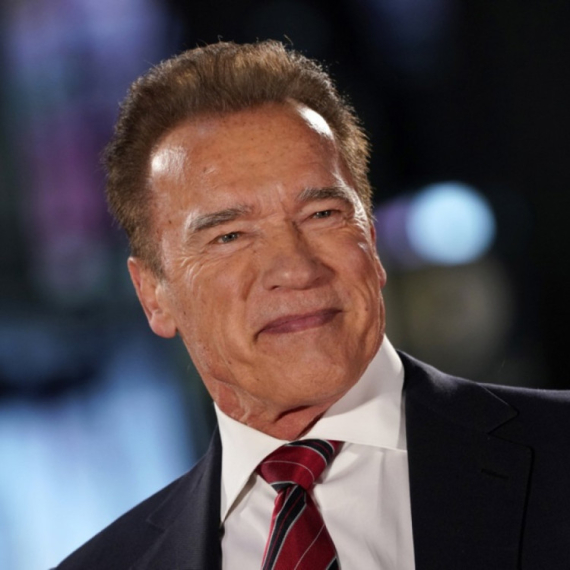
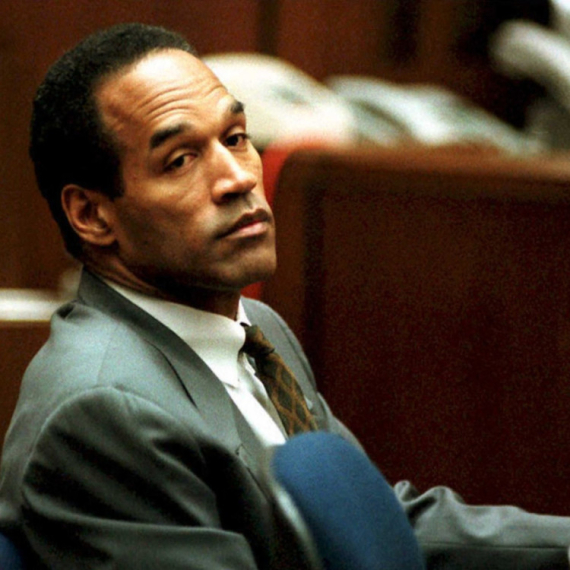

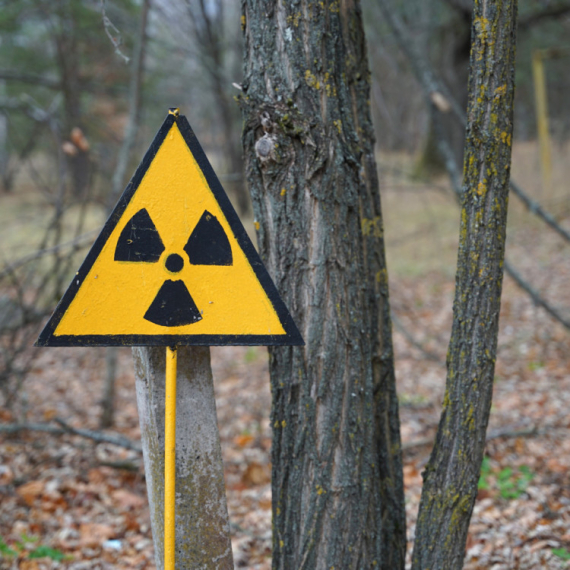






Komentari 1
Pogledaj komentare